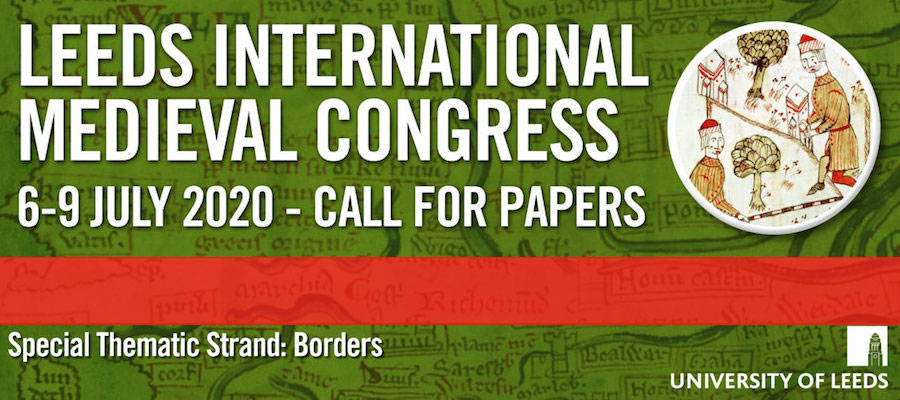(Un)Bound Bodies: New Approaches, session at 27th International Medieval Congress, University of Leeds, July 6–9, 2020
For decades, bodies have been a central framework for historical inquiries. No matter how much we try to distance ourselves from them, bodies remain at the centre and borders of scholarship. Medieval bodies were fluid and contradictory loci: bound and unbound, contained her susceptible to a host of external physical and invisible forces. Bodily boundaries were paradoxically sharp, debated, and real, yer also fluid, permeable and imaginary.
This new strand at IMC 2020 seeks to investigate these 'real' and 'imaginary' borders of the body and to complicate and critique existing narratives of 'bound bodies'. As such, this strand is intentionally broad in its scope and embraces innovative and interdisciplinary approaches that push back, and go beyond, established methodologies.
Scholars from all career stages, eras, and geographies are invited to submit titles and abstracts for twenty-minute papers. ECR and queer approaches are particularly welcome.
Suggested topics include (but are not limited to):
- Un-binding scholarship: innovative approaches to bodies
- Bodily layers: ligaments, nerves, blood, bone, flesh, clothing
- Bodies and the cosmos: healing, magical influences, microcosm/macrocosm
- Bodies in flux: sensory experience, synaesthesia, cross-dressing, bodily passions and emotions
- Bodily interactions: homosociality, movement, sexuality, legal systems
Session organizers
Jack Ford, University College London
Lauren Rozenberg, University College London
